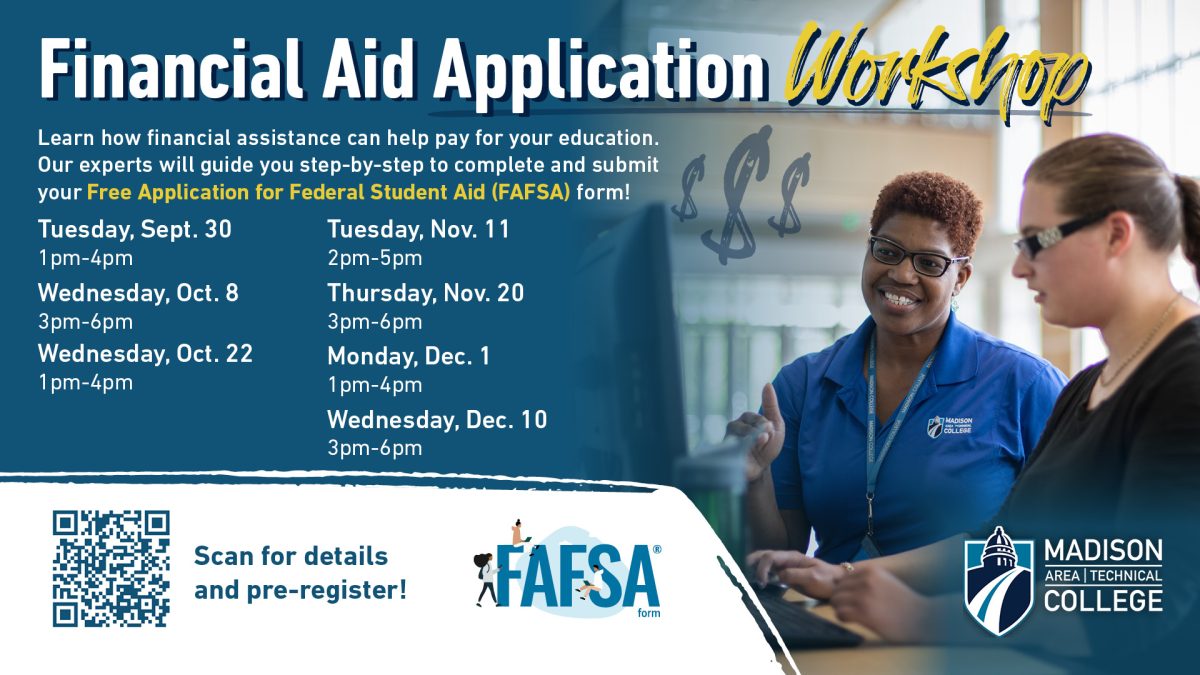Student senate elections are just around the corner and this year we are looking at a significant turn over in our representatives. Senators are supposed to be the voice of students at Madison College and participate in many aspects of college life, from affordable textbook campaigns to lobbying at the state capitol
There are currently five positions open for officers. The presidency is up for grabs. The deadline to apply is April 22. Only two applications have been received thus far.
Elections will be held April 29 through May 1. Eligible students can vote online at the student senate web page. Students will also receive and e-mail on their student e-mail account reminding them to vote.
Voter turn out is generally low at Madison College, Only 221 out of 15,000 or 1.5 percent of eligible voters cast a ballot, according to an earlier Clarion report during the fall 2010 elections. Limited student body involvement has caused student senate some difficulty in the past and is listed as one of their primary challenges in the Student Senate Three Year Plan.
Senators do try to make contact through face-to-face interactions and surveys, said senate advisor Jacquelyn Dahlke. Through these means Dahlke concluded that the primary issues college students talk about are cost of tuition and books, quality of food provided and lack of parking.
In the past year, senate organized around the building referendum in an effort to connect students with the expansion planning process. They also coordinated a shuttle bus between Truax and DTEC. The senate has also piggybacked a WISPIRG campaign surrounding textbook affordability.
“This group of students has done very well in carrying the message forward about textbooks,” Dahlke confirmed. “They have really made the leap to open textbooks.”
Senators are required to attend meetings to vote on matters that come in front of the student senate. They also participate on committees where faculty or staff members wish to have a student voice present. Some members also serve on the student judicial board which deals with student conduct issues. They also serve as student lobbyists to comment on state legislation that could impact the college.
Since Gov. Scott Walker introduced his controversial budget, Madison College has faced an estimated budget gap of $10.3 million. It is an amount many say will put pressure one quality of education at Madison College. In addition, Walker’s budget repair bill makes cuts to programs that many Madison College students depend on, like BadgerCare and other family planning programs.
Student Senate has sponsored a few, lightly attended teach-ins about the subject. However, most of their focus has been on lobbying efforts, which have resulted in little success due to heightened restrictions at the capitol and increased demands on representatives. Weigandt said there has been very little effort to inform and mobilize the student body against these cuts, something he finds disappointing.
“We could have done more and we could be doing more still,” Weigandt said. “I was hoping for a little more from the vice president of state and local government and the lobbying committee on these issues and they did not seem particularly interested in picking them up.“
The strengths of the student senate rest in the abilities and interests of those elected as well as the group’s ability to work well together. Each year student senate has different challenges to overcome as well as different priorities.
More students are encouraged to apply for Fall 2011 Student Senate. Weigandt hopes that no race will go uncontested so that candidates are forced to demonstrate why they are the best candidate for the job.
“As students you can motivate your friends to run,” Weigandt said. “I think we need to do what we can to find those individuals who would be motivate, who would represent the students well, and encourage them to run.”



























